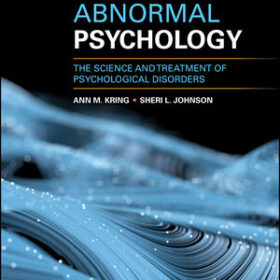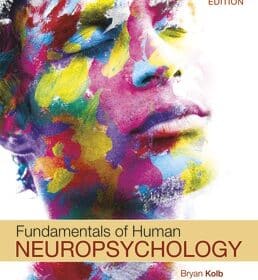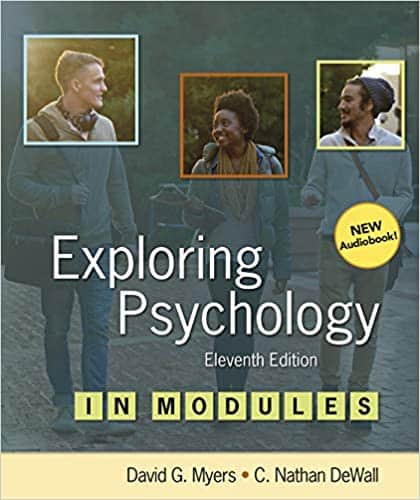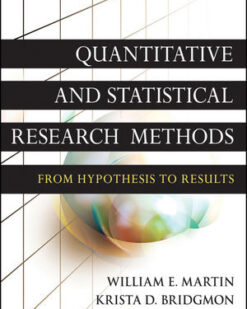Description
Table of Contents
Thinking Critically With Psychological Science
Module 1: The History and Scope of Psychology
Module 2: Research Strategies: How Psychologists Ask and Answer Questions
The Biology of Behavior
Module 3: Neural and Hormonal Systems
Module 4: Tools of Discovery and Older Brain Structures
Module 5: The Cerebral Cortex and Our Divided Brain
Module 6: Genetics, Evolutionary Psychology, and Behavior
Consciousness and the Two-Track Mind
Module 7: Consciousness: Some Basic Concepts
Module 8: Sleep and Dreams
Module 9: Drugs and Consciousness
Developing Through the Life Span
Module 10: Developmental Issues, Prenatal Development, and the Newborn
Module 11: Infancy and Childhood
Module 12: Adolescence
Module 13: Adulthood
Sex, Gender, and Sexuality
Module 14: Gender Development
Module 15: Human Sexuality
Sensation and Perception
Module 16: Basic Concepts of Sensation and Perception
Module 17: Vision: Sensory and Perceptual Processing
Module 18: The Nonvisual Senses
Learning
Module 19: Basic Learning Concepts and Classical Conditioning
Module 20: Operant Conditioning
Module 21: Biology, Cognition, and Learning
Memory
Module 22: Studying and Encoding Memories
Module 23: Storing and Retrieving Memories
Module 24: Forgetting, Memory Construction, and Improving Memory
Thinking, Language, and Intelligence
Module 25: Thinking
Module 26: Language and Thought
Module 27: Intelligence and Its Assessment
Module 28: Genetic and Environmental Influences on Intelligence
Motivation and Emotion
Module 29: Basic Motivational Concepts, Affiliation, and Achievement
Module 30: Hunger
Module 31: Theories and Physiology of Emotion
Module 32: Expressing and Experiencing Emotion
Stress, Health, and Human Flourishing
Module 33: Stress and Illness
Module 34: Health and Happiness
Social Psychology
Module 35: Social Thinking and Social Influence
Module 36: Antisocial Relations
Module 37: Prosocial Relations
Personality
Module 38: Classic Perspectives on Personality
Module 39: Contemporary Perspectives on Personality
Psychology Disorders
Module 40: Basic Concepts of Psychological Disorders
Module 41: Anxiety Disorders, OCD, and PTSD
Module 42: Major Depressive Disorder and Bipolar Disorder
Module 43: Schizophrenia and Other Disorders
Therapy
Module 44: Introduction to Therapy and the Psychological Therapies
Module 45: Evaluating Psychotherapies
Module 46: The Biomedical Therapies and Preventing Psychological Disorders
Appendix A: Statistical Reasoning in Everyday Life
Appendix B: Psychology at Work
Appendix C: Career Fields in Psychology
Appendix D: Complete Chapter Reviews
Appendix E: Answers to Retrieve It and Experience the Testing Effect Questions
Glossary
References
Indexes






